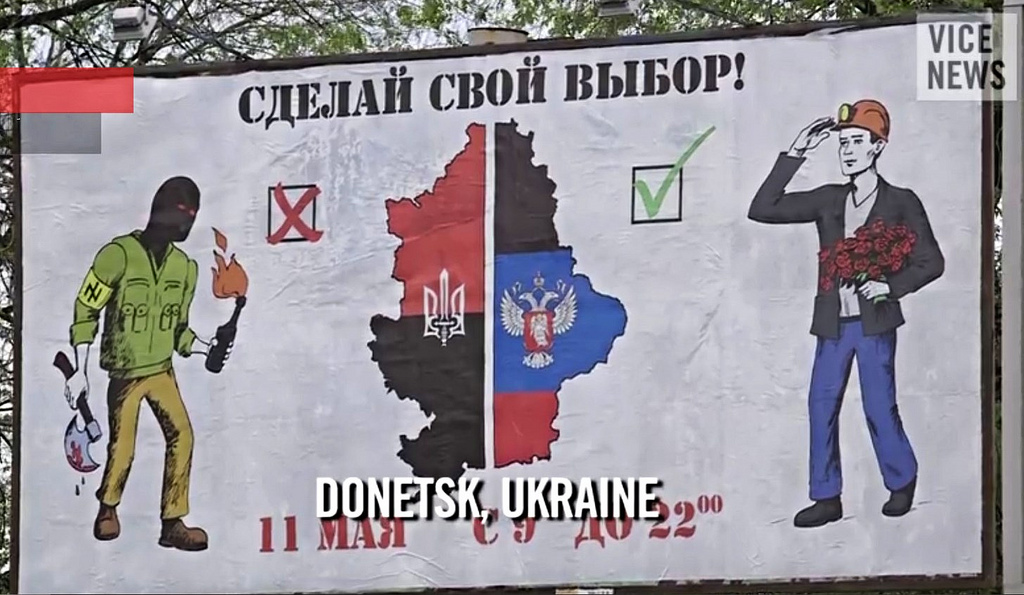 quapan / Flickr
quapan / Flickr
The NATO-Russia Relationship
Russian proliferation of hybrid warfare and the continued instability in Ukraine have prompted security concerns in neighboring NATO states. NATO is now actively securing the Nordic-Baltic region. Anti-missile defense sites are being expanded and seventeen countries are participating in the BALTOPS-2016 international military exercises. Last week, Poland conducted the largest-scale drill since the end of the Cold War, and NATO troops landed in Finland for the first time.
In response, Sergey Lavrov, the Minister of Foreign Affairs of Russia, has stated that “We will invoke Russia’s sovereign right to guarantee its security with measures proportionate to the current risks.” Though there was little elaboration, this likely refers to Russian deployment of more divisions to its western borders.
Putin has repeatedly accused NATO of going back on an alleged pledge not to enlarge after the dissolution of the Warsaw Pact. After restating this claim at the 2007 Munich Conference on Security Policy, he asked in an act of cynical farce, “Against whom is this [NATO] expansion intended?” On Kremlin-controlled media, multiple theories have been voiced. Ultranationalists such as Rogozin (Deputy Prime Minister of Russia) argue heatedly that the US is pressuring Europe into compliance and plans to surround Russia with bases to “divide and rule”.
Why is Russian propaganda bent on vilifying institutions associated with the US? There is no evidence for imperial claims on Russia. The Maidan and Rose Revolutions were not US plots to bring down Russia. However, in a case of moral hazard, US support of pro-EU protests in Kiev did lead to an escalation of the conflict. As perceived by the Russian government, this is another example of US tacit encouragement of popular insurgency.
Regardless, the desire to pivot West is not dictated to protesters from Washington. The attraction of liberal democracy comes from its apparent success as a form of government that increases its citizens’ welfare. To that effect, closer ties with NATO could provide the necessary sense of security to reform government and economic institutions.
This is the real threat, but not to Russia. To Putin’s Russia.
Putin has condemned the perceived coup d’états as illegitimate and unconstitutional because he is worried about the precedent these uprisings set (especially considering the 2012 protests in Moscow accusing Putin of winning his third term through fraud).
Putin’s policy can be interpreted as defensive, following a tit-for-tat pattern. In response to Kosovo’s separation from Serbia and Georgia and Ukraine’s attempts to form closer ties with the West, Putin set out to fiercely defend pockets of Russian support and roll back Western influence. Ironically, he seeks to achieve this by actually encouraging separatism, citing people’s right to self-determination.
To win support, Russian state media fabricates threats to people’s physical safety and identity, which Russia then has the moral obligation to address. For example, Russian propaganda ran broadcasts maintaining that there were anti-Russian, neo-Nazi, fascist elements amidst protesters in Kiev, supported by the US solely by virtue of them being anti-Russian. Viewers around the world grew outraged at the US’s “moral hypocrisy” after RT highlighted Putin’s worry that Ukraine was turning into a neo-Nazi state which would condone an ethnic cleansing targeting the Russian population in Ukraine.
Thus the US and its organizations are perceived as ruthless in their desire to push through an agenda. Amongst some, NATO has become equated with war and Russia with liberation. This is why in Montenegro there were mass protests against NATO membership, recalling NATO bombings in Yugoslavia.
How should the West proceed? It should be remembered that cooperation between NATO and Russia was initiated after the breakup of the Soviet Union. Only after the 2008 Russian-Georgian conflict did the relationship sour and in 2014 the NATO-Russia Council was suspended in response to Russia’s annexation of Crimea.
It is imperative for international norms to be maintained. Putin’s political theater can be countered only by taking a hard line. As Representative Edward Royce said during the June 14 Senate committee hearing on US policy towards Putin’s Russia, “A tougher and more consistent approach on our part might convince Putin that cooperation is more advantageous than the reflexive confrontation he often resorts to.”
The solution is not just upholding sanctions and NATO support in the Nordic-Baltic region, but serious economic aid to Ukraine, contingent on reform and reducing corruption. If Ukraine flourishes, all propaganda the Russian state-controlled media has been pumping out on Ukraine’s failed revolution will become obsolete. The US and EU should help with guiding Ukraine in the right direction, because successful transitions in post-Soviet states will provide a clear example for the new generation of Russians to follow.






